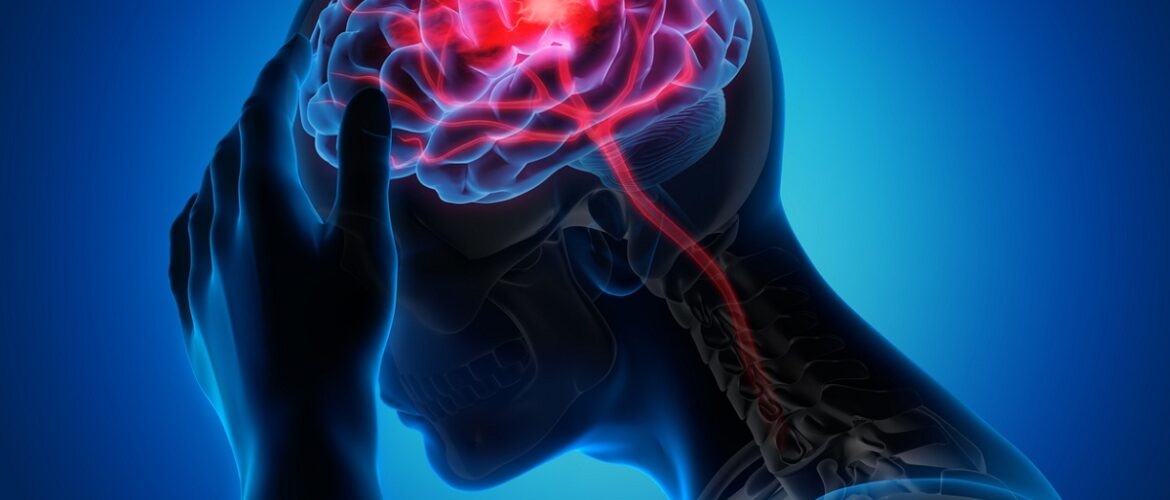General News Blog
My WordPress Blog
My WordPress Blog

Neurological disorders refer to any condition that affects the normal functioning of the brain, spinal cord, and nerves. These disorders can be caused by genetic predisposition, injury, infection, or other factors and can range from mild to severe, with varying impacts on a person’s quality of life. According to the World Health Organization (WHO), neurological disorders are a growing concern and currently affect over one billion people globally.
One of the most common neurological disorders is migraine, which is a type of headache that is often accompanied by a pulsing or throbbing pain on one side of the head. This type of headache is estimated to affect nearly 1 in 7 people worldwide and is more prevalent in women than men. The cause of migraine is not entirely understood, but it is believed to be related to changes in the levels of certain chemicals in the brain, as well as changes in the blood vessels.
Migraines can be triggered by various factors, such as stress, lack of sleep, certain foods, and hormonal changes. Symptoms of migraine can range from moderate to severe and can last from a few hours to several days. In some cases, migraines can be accompanied by other symptoms, such as nausea, vomiting, sensitivity to light and sound, and vision changes.
Another common neurological disorder is stroke, which occurs when blood flow to the brain is interrupted. This interruption can be caused by a blocked blood vessel (ischemic stroke) or the bursting of a blood vessel (hemorrhagic stroke). Stroke is a leading cause of death and disability worldwide and is estimated to affect over 15 million people each year.
Strokes can cause a wide range of symptoms, including difficulty speaking or understanding speech, weakness or numbness on one side of the body, vision changes, and difficulty walking. The severity and type of symptoms a person experiences depend on the area of the brain affected by the stroke.
Neurological disorders range from frequent, mild headaches to traumatic brain injuries and more severe conditions such as dementia or Parkinson’s disease. Early diagnosis is critical for effective treatment and improved outcomes for those afflicted by these disorders.
Neurological disorder diagnoses are best identified when symptoms are still in their early stages, as treatments tend to be more successful when depression, anxiety, and other conditions can be addressed before any physical damage has occurred.
Early detection of neurological disorders can enable individuals to maintain their quality of life and improve over a long period of time. Each individual is different, but ultimately, an early diagnosis could be the key to overcoming difficulties with neurological disturbances effectively and efficiently.
Early diagnosis and treatment are crucial for managing neurological disorders and minimizing their impact on a person’s quality of life. For example, prompt treatment of a stroke can help prevent permanent damage to the brain and minimize long-term disability. Additionally, early diagnosis of migraine can help individuals identify triggers and avoid potential headaches in the future.
Neurological disorders are a growing concern and can have a significant impact on a person’s quality of life. The most common neurological disorders include migraines and strokes, but there are many other types of neurological disorders that can also affect individuals. Early diagnosis and treatment are key to managing these disorders and minimizing their impact. If you are experiencing symptoms of a neurological disorder, it is important to seek medical attention as soon as possible to ensure the best possible outcome.